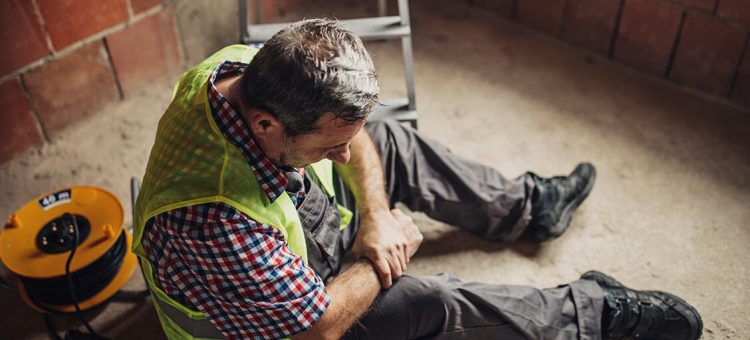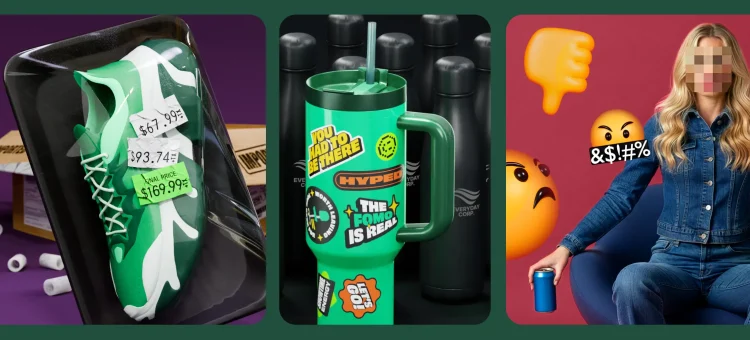Two in 10 people in this month's New York Times|SurveyMonkey poll say they have lost their job since the start of the coronavirus outbreak, and this month 38% of that group say they have returned to work—a frustrating loss of momentum after that number rose from 29% in June to 40% in July.
Worse, among those who have lost their job and still not returned to work, just 13% now say they expect to return to their previous job in the next month, down from 22% last month and 34% in June.
Just 22% of people say business conditions throughout the country are very or somewhat good, while 37% say conditions are very or somewhat bad. More than six in 10 people in the U.S. (62%) expect periods of widespread unemployment or depression to occur throughout the next five years, the highest that measure has been in the three and a half years the survey has been running.
Looking ahead, about half of the country (49%) expects virus cases and deaths to still be high or rising by late October, and for the economy to remain weak. Another 10% expect virus cases and deaths to be high or rising, but the economy to be strong or improving. On the other hand, 21% expect the virus to be under control but the economy to still be suffering, and a final 17% say both that the virus will be under control and the economy will be strong or steadily improving.
Jumping ahead to one year from now, however, a large majority of the country (79%) says that the virus will be under control, including 39% who also say the economy will be strong or steadily improving. Most of the partisan differences here depend on whether the economy will have recovered by this time next year.
That optimism clearly ties the economic recovery to availability of a vaccine. A majority of people in the U.S. expect a vaccine or cure for COVID-19 to be widely available either within a few months (18%) or within a year (49%), while 30% say it will take more than a year.
Most people in the country (59%) say they personally know someone who has been diagnosed with the novel coronavirus, and a full quarter (25%) know someone who has died from it. Although people of all races are about equally likely to know someone who has been diagnosed with COVID-19, Blacks are significantly more likely than others to know someone who has died from the virus.
For more detailed results, click through the interactive toplines below.
Read more about our polling methodology here.



